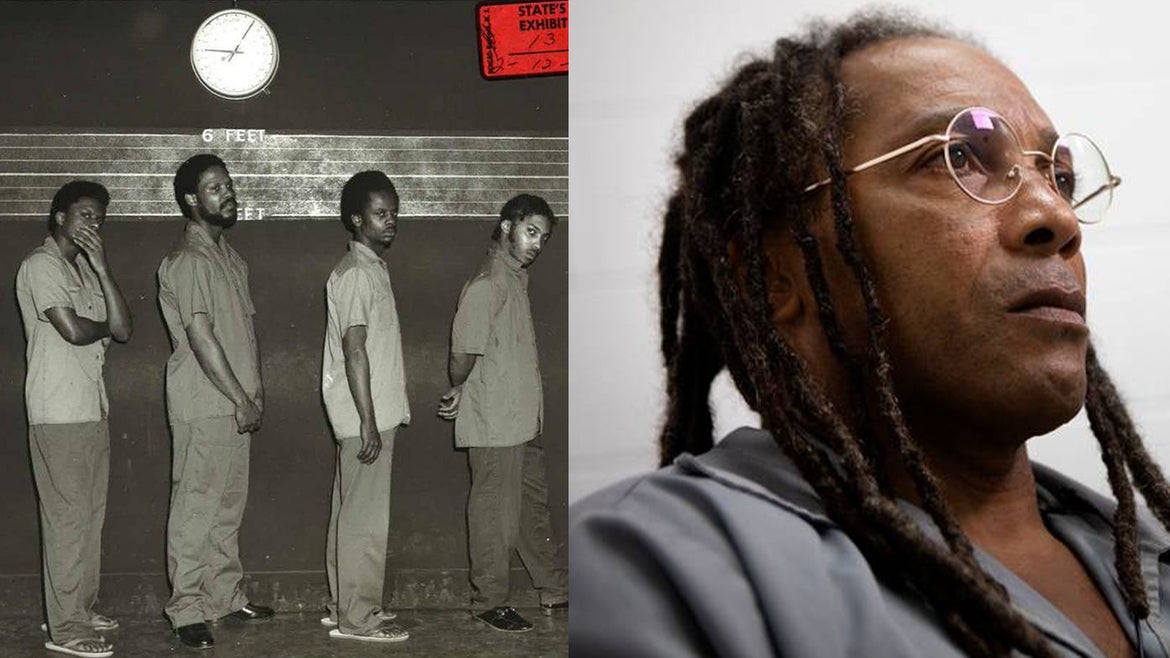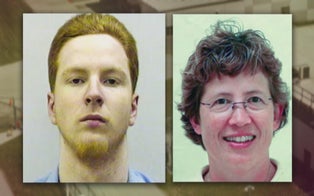“It is important to recognize when the system has made wrongs. And, what we did, in this case, was wrong,” Jackson County Prosecutor Jean Peters Baker said.
A Kansas City man who has been in prison for the last 43 years for a triple murder he said he did ‘not commit’ may finally be exonerated, according to published reports.
If released, his confinement would become the longest wrongful imprisonment in Missouri history, CBS News reported.
On Monday, Kevin Strickland took to the witness stand after months of delays caused by legal proceedings and canceled hearings, prompted mostly, according to reports, by motions filed by the state attorney general's office.
Strickland testified during the evidentiary hearing that he “had nothing to do with the killings.”
"I had absolutely nothing to do with these murders. By no means was I anywhere close to that crime scene,” he said.
Strickland’s legal team and his scores of supporters weren’t the only people who believed in his innocence.
During a press conference in May, Jackson County Prosecutor Jean Peters Baker publicly announced that Strickland was wrongfully convicted. She said the evidence used to convict him had been recanted or disproven since his trial, CBS reported.
“It is important to recognize when the system has made wrongs. And, what we did, in this case, was wrong,” said Baker, who appeared emotional during the press briefing. “So to Mr. Strickland, I am profoundly sorry. I am profoundly sorry for the harm that has come to you.”
Baker said, “This is a triple murder in which three young people were executed. The tragedy was made much, much worse by Kevin Strickland’s conviction,” she said.
The case was brought to the prosecutor's office by Kirkland’s lawyers, the Midwest Innocence Project and private attorney Bob Hoffman. The decision as to whether Strickland could be released is up to the Missouri Supreme Court, KCUR/NPR previously reported.
Strickland, who is now 62, was convicted in 1979, in the fatal shooting of Larry Ingram, 21; John Walker, 20; and Sherrie Black, 22, who were killed in their Kansas City home on April 25, 1978. He was 19 at the time, CBS reported.
Strickland’s first trial ended in a hung jury when the only Black juror, a woman, held out for acquittal. In 1979, after his second trial, he was convicted by an all-white jury of one count of capital murder and two counts of second-degree murder, the news outlet reported.
Through the decades, Strickland has always maintained this innocence. He said that he was home watching television and had nothing to do with the killing, The Kansas City Star reported.
Strickland said he never visited the house where the murders took place before they happened. He said he went to the scene at the request of a friend, and that he cooperated with officers at the scene and later at the police station, CBS reported.
He said that he “knew the system worked and I would not be convicted of something I didn’t do.”
Strickland was wrong, and in 1979 was convicted in the triple murder.
Attorneys for Strickland and the Attorney General's office indicated during opening statements that statements of Cynthia Douglas would be critical in determining Strickland’s fate.
Now deceased, Cynthia Douglas, the only survivor of the shootings, had identified Strickland as the shooter but recanted her decision before she died, CBS reported.
During Monday’s testimony, Douglas’ daughter, mother, sister and former co-worker, all testified that Douglas told them that Strickland was “the wrong shooter and wanted to help exonerate him,” CBS reported.
Two other men convicted in the killings later insisted that Strickland wasn't at the crime scene, The Kansas City Star reported.
Meanwhile, Attorney General Eric Schmitt, a Republican running for Senate, has said he believes Strickland is guilty of the murders, a report said.
He has consistently fought Baker for authority over the case, CBS reported.
Strickland, who was a young father when he was convicted, and is now in a wheelchair due to a health condition he is suffering from, agreed with CBS News reporter Eugene Ansley when she said that a lot of time has passed.
“I get my life back," Strickland said, "but I never had one."
He paused and then replied: “I can try and establish a life... but never had one to get back.”
Related Stories






